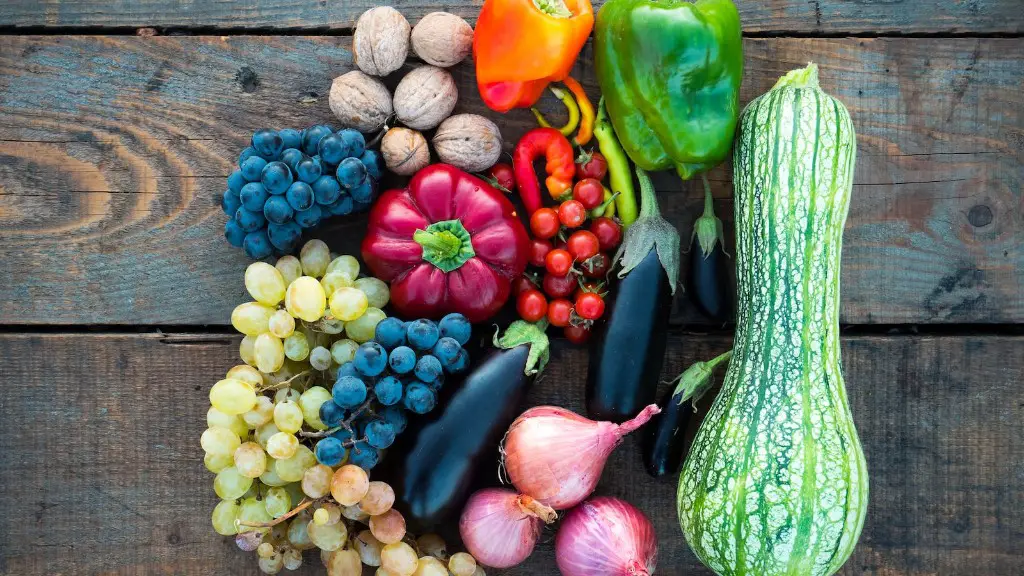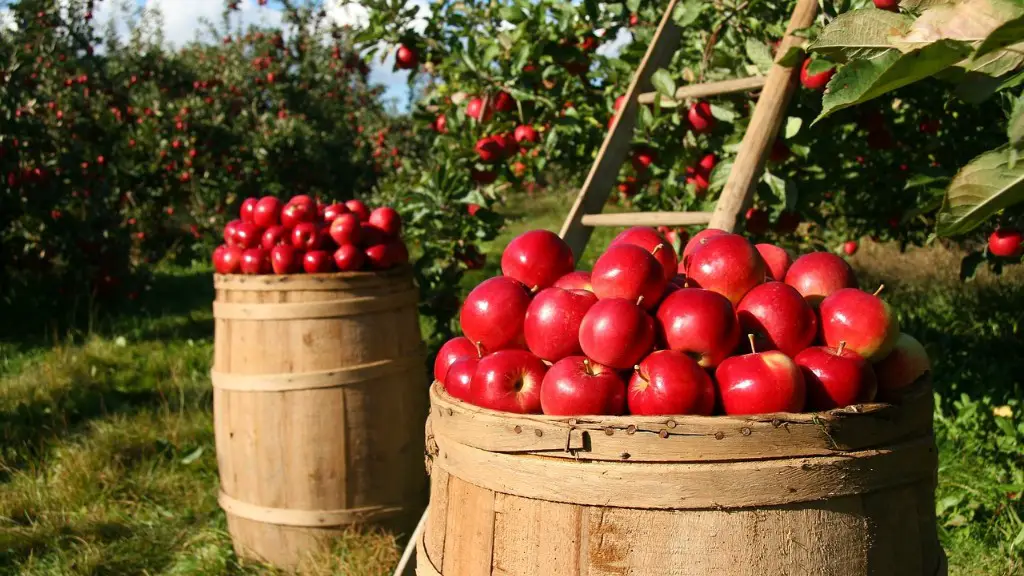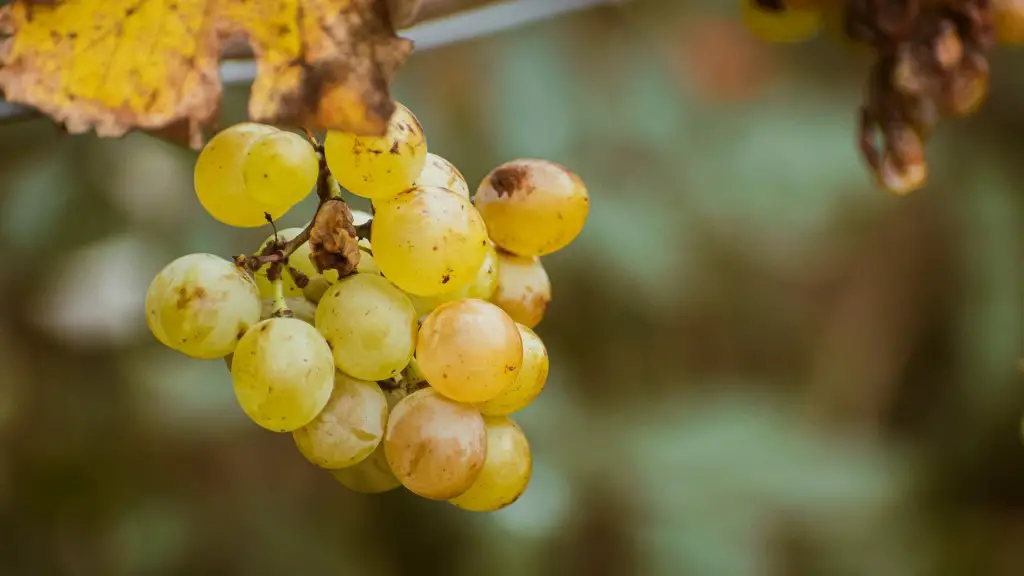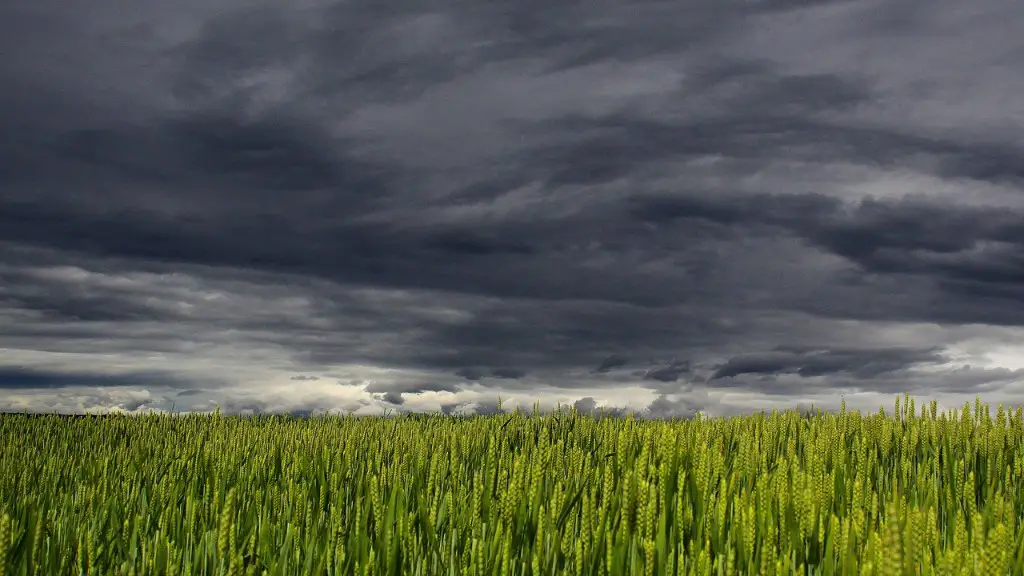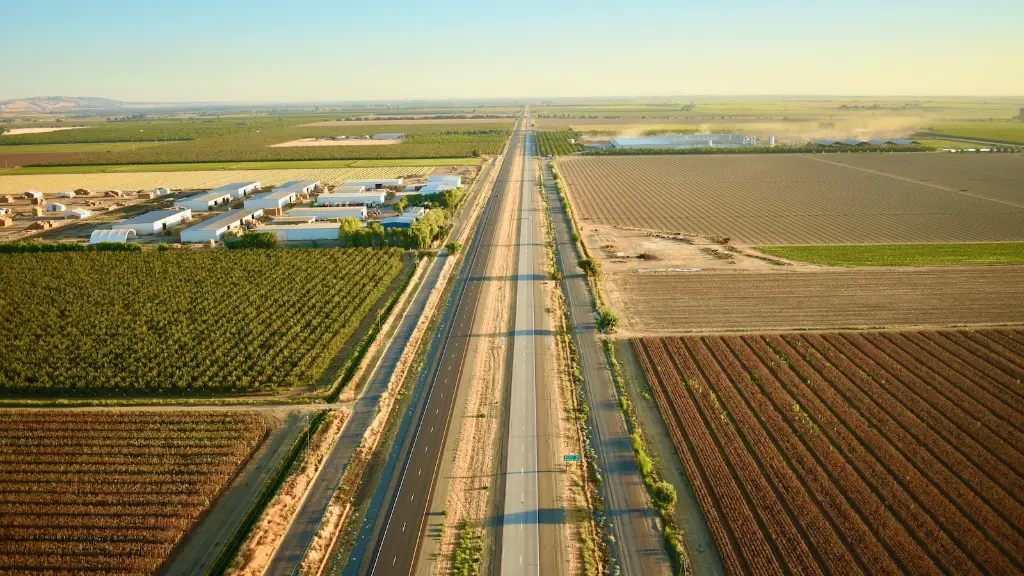The Agricultural Revolution was a period of rapid agricultural development between the 18th century and the end of the 19th century. This period saw a massive increase in agricultural productivity and global food supply. However, it also had a number of negative consequences.
The Agricultural Revolution led to the displacement of many small farmers and the rise of large-scale commercial agriculture. This increased the concentration of wealth and power in the hands of a few large landowners and corporations. It also led to the exploitation of workers, as well as environmental degradation.
The Agricultural Revolution was responsible for numerous social and economic problems that continue to this day. It is therefore important to understand its causes and effects, in order to find ways to mitigate its negative impact.
The answer may vary depending on who you ask, but in general, agriculture was seen as bad because it was seen as a step backwards in terms of human development. Agriculture was seen as a sign of a lack of progress, and it was often criticized for being a dirty and labor-intensive activity.
Why was agriculture a bad idea?
Farming communities, on the other hand, can store surplus food, and they often have domesticated animals that provide them with a regular supply of meat, milk, and eggs. This means that they can weather bad times, like droughts or hard winters, much better than hunter-gatherers. As a result, farming communities tend to be much larger and more complex than hunter-gatherer societies.
But this increased complexity comes at a cost: deep class divisions. In farming societies, there are often rich and poor, powerful and powerless. This wasn’t the case among hunter-gatherers, who tended to share their resources much more evenly.
So, while farming has brought many benefits to humanity, it has also brought with it a great deal of inequality.
It is widely accepted by archaeologists that the rise of farming was a crucial turning point in human history. One of the key aspects of this transition was the need to make a choice between limiting population growth or trying to increase food production. Unfortunately, we chose the latter option and ended up with a host of problems like starvation, warfare, and tyranny. This was undoubtedly the worst mistake in human history and one that we are still paying for today.
What is the problem with agriculture
Farmers have to be very mindful of the environment and the many issues that can affect their business. Soil quality, water quality, climate, and terrain are just a few of the environmental issues that may impact profits and productivity for farmers in any given growing season. By being aware of these issues and taking steps to mitigate them, farmers can help to ensure a successful growing season.
Farmers face a variety of problems, both natural and man-made. They must cope with climate change, soil erosion and biodiversity loss, as well as satisfy consumers’ changing tastes and expectations. They must also invest in farm productivity, adopt and learn new technologies, and stay resilient against global economic factors.
What are 3 problems of agriculture?
If we are to address the triple challenge of feeding a growing population, providing a livelihood for farmers, and protecting the environment, we must do so together. We cannot simply focus on one challenge and hope that the others will take care of themselves. Instead, we need to take a holistic approach that takes all three challenges into account.
This will require some tough choices and difficult decisions. But if we want to make sustainable progress, it is essential that we face up to the challenge and work together to find solutions that work for all of us.
Drought, flooding, pest infestations, crop price crashes and other disasters can pose a serious risk to growers who rely heavily on one crop. Growing a variety of crops can help reduce the risk of losing an entire crop to a disaster. Diversifying crops can also help farmers weather price crashes by providing a variety of crops to sell.
What were four negative effects of farming?
The large-scale, conventional farming system contributes heavily to climate change, pollution, and depletion of soil fertility. This system of farming relies heavily on mechanization, pesticides, antibiotics, and synthetic fertilizers, which all have negative environmental impacts. While this system of farming may yield high production levels, the negative environmental impacts are not worth the trade-off.
The agricultural revolution had a profound impact on human society. It gave rise to new forms of inequality as some people became more dependent on the land for their livelihoods. It also led to a decline in nutrition as people began to eat more processed foods. Additionally, the rise of domesticated animals led to an increase in the number of infectious diseases contracted by humans.
What were the consequences of agriculture for humans
When early humans began farming, they were able to produce enough food that they no longer had to migrate to their food source. This meant they could build permanent structures, and develop villages, towns, and eventually even cities. Closely connected to the rise of settled societies was an increase in population.
Agriculture has a huge impact on the environment, both positive and negative. It can lead to soil erosion, water pollution, contribute to climate change, and deforestation. However, it can also lead to increased food production, improved soil health, and increased biodiversity. It is important to find a balance between the positive and negative impacts of agriculture in order to protect our environment.
What are the 10 problems of agriculture?
If you’re looking for a place to relocate that has modern amenities and a good quality of life, Canada is a great choice! While there are some rural areas that lack modern infrastructure and social amenities, overall the country is developed and has a strong economy. Additionally, Canada is a relatively safe place to live, with low levels of crime and violence.
It is difficult to implement modern farming methods in Nigeria due to the lack of mechanized equipment and illiteracy of most farmers. Many farmers still stick to archaic farm practices, which results in many agricultural marketing problems in Nigeria.
How do agricultural waste harm the environment
Agricultural solid wastes refer to the solid waste generated from farm activities. In many developing countries, these wastes are often indiscriminately dumped or burnt in public places, resulting in environmental pollution. Air pollution, soil contamination, and water pollution are some of the potential impacts of this careless disposal of agricultural solid wastes. In addition, burning these wastes can release harmful gases, smoke, and dust into the air, which can be harmful to human health.
The consumption of Factory Farmed animal products has been shown to have a negative impact on a number of different fronts. These products have been shown to increase the risk of animal cruelty, environmental concerns, and health problems. Additionally, the quality of the food produced by factory farms is often lower than that of traditional farms.
How did agriculture affect society?
More abundant food supplies could support denser populations, and farming tied people to their land Small settlements grew into towns, and towns grew into cities Agriculture produced enough food that people became free to pursue interests other than worrying about what they were going to eat that day. This allowed for the development of art, literature, science, and other pursuits that make up civilization.
The high cost of fuel severely impacted farmers and ranchers, especially as they navigated the fall harvest season. The cost of fertilizer increased by more than 60% from 2021 to 2022, putting additional strain on already tight budgets. Record-high temperatures and prolonged drought also lowered crop yields, further complicating the situation. The USDA is currently working with farmers and ranchers to provide assistance and resources during this difficult time.
What were the main problems facing farmers
Climate change, the ongoing trade war between the United States and China, and rapidly depleting reserves of freshwater around the world are the top three issues facing farmers in 2020. Economic insecurity in the United States is also a major concern. Farmers are struggling to keep up with the changing climate, protect their crops from pests and diseases, and cope with rising costs.
Water pollution is one of the leading environmental problems in the world today. It is caused by a variety of sources, including agriculture. Pollutants from farming can include sediments, nutrients, pathogens, pesticides, metals, and salts. These pollutants can have a negative impact on water quality, and can be found in lakes, rivers, wetlands, estuaries, and groundwater. Animal agriculture is a particularly significant source of water pollution, due to the large amount of wastes produced by animals.
Warp Up
The Agricultural Revolution was a time when the way humans cultivated crops and raised livestock changed drastically. This was a bad thing because it led to a decrease in the amount of food per person, as well as in the quality of food. In addition, it caused many people to lose their jobs and homes.
Agriculture was bad for the environment because it led to deforestation, soil erosion, and water pollution. It also contributed to climate change and the loss of biodiversity. Agriculture was also bad for the health of farmers and farmworkers, who were exposed to harmful pesticides and other chemicals. Moreover, agriculture was bad for the economy, as it led to the outsourcing of jobs and the decline of small farms.
